
At Recover, we believe exercise and sleep aren’t rivals — they’re partners in your performance journey. When you align your workout timing with your natural body clock, you’ll fall asleep easier, recover faster, and perform better in your fitness routine. Whether you’re a fitness enthusiast, athlete, or someone seeking better recovery, the timing of your workouts can significantly influence your sleep quality.
Why Workout Timing Matters for Sleep?
Exercise directly affects your circadian rhythm (your body’s internal clock). Training at the right time signals your body when to be alert and when to wind down.
-
- Morning or mid-day workouts allow the body to cool and calm before bedtime.
- Late-night workouts may elevate your heart rate, core temperature, and stress hormones — making it harder to fall asleep if not balanced with proper recovery.
Morning Workouts Usually Win
For most athletes and fitness lovers, morning workouts offer the best benefits for quality sleep:
-
- Help the body’s temperature drop naturally before bedtime.
- Support a healthy cortisol–melatonin rhythm (alert during the day, sleepy at night).
- Boost mood, metabolism, and daylight exposure — all of which promote deep, restorative sleep.
Evening Workouts & Sleep: How to Recover Smarter
Not everyone can train in the morning — and that’s okay. Evening sessions don’t have to sabotage your sleep if you apply the right recovery strategies:
-
- Temperature regulation: Try a cold plunge, ice bath, or cool shower to accelerate the drop in body temperature that signals sleep. Alternatively, a hot shower 2–3 hours before bed can trigger rebound cooling and prepare your body for rest.
- Nervous system downshift: Breathwork (slow nasal breathing 4s inhale / 6s exhale), light stretching, or NSDR (non-sleep deep rest) helps reduce stress and tilt the body toward relaxation.
- Light management: Reduce exposure to bright light after training; use warm lighting to help melatonin production.
- Nutrition & supplements: A light protein + carb recovery meal avoids digestive strain. Supplements like magnesium or L-theanine can relax muscles and prepare the brain for sleep.
These strategies counter the stimulating effects of late workouts, ensuring you still gain the benefits of both exercise and quality sleep.
Personalize Your Workout Timing
Your chronotype (morning person vs. night owl) also matters.
-
- Early risers (larks): Tend to thrive with morning workouts.
- Night owls: Can handle evening sessions better — as long as they follow proper recovery routines.
👉 Simple rule: Train harder earlier in the day, keep it lighter later at night. If you must train late, lean on science-backed recovery tools to protect your sleep.
Final Thoughts
Finding the best workout timing for sleep depends on your lifestyle, training goals, and recovery habits. Whether you choose morning or evening workouts, the key is to balance your exercise with the right recovery strategies for optimal performance, recovery, and restful sleep.
✨ Explore how Recover’s tools — from ice baths to infrared saunas — can enhance both your training and sleep quality.




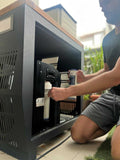

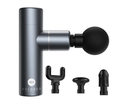



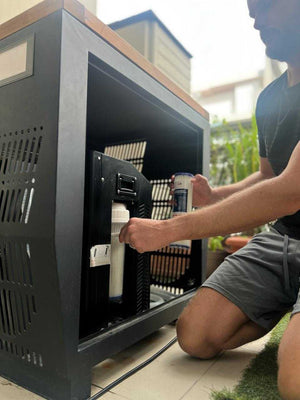
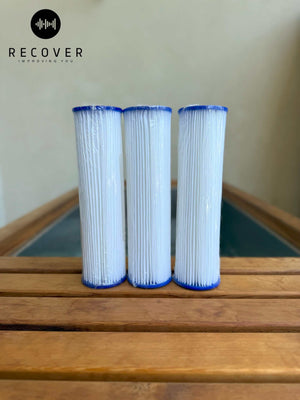
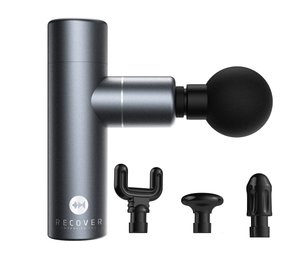
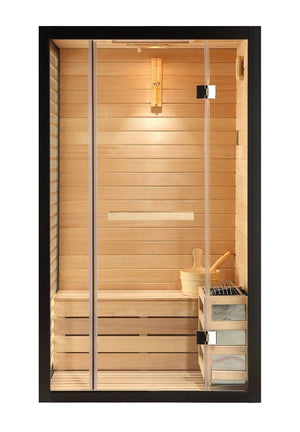


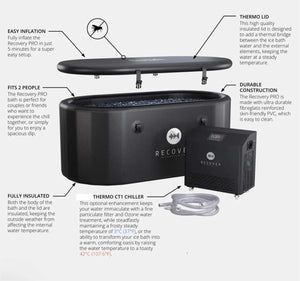
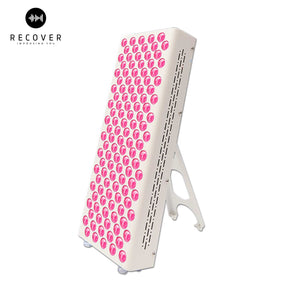
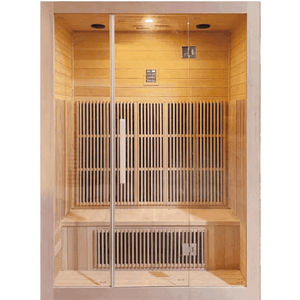
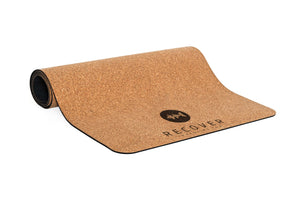
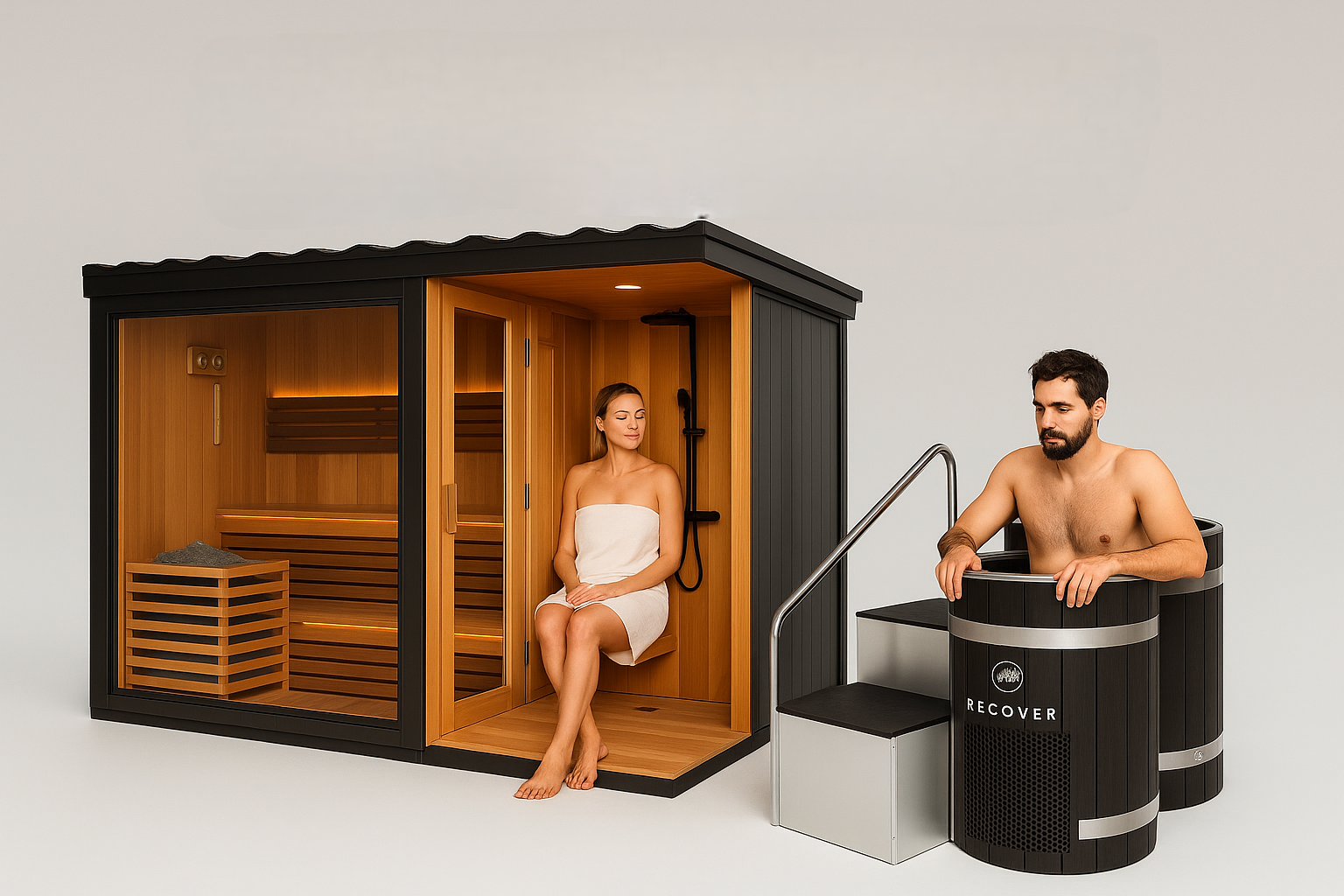
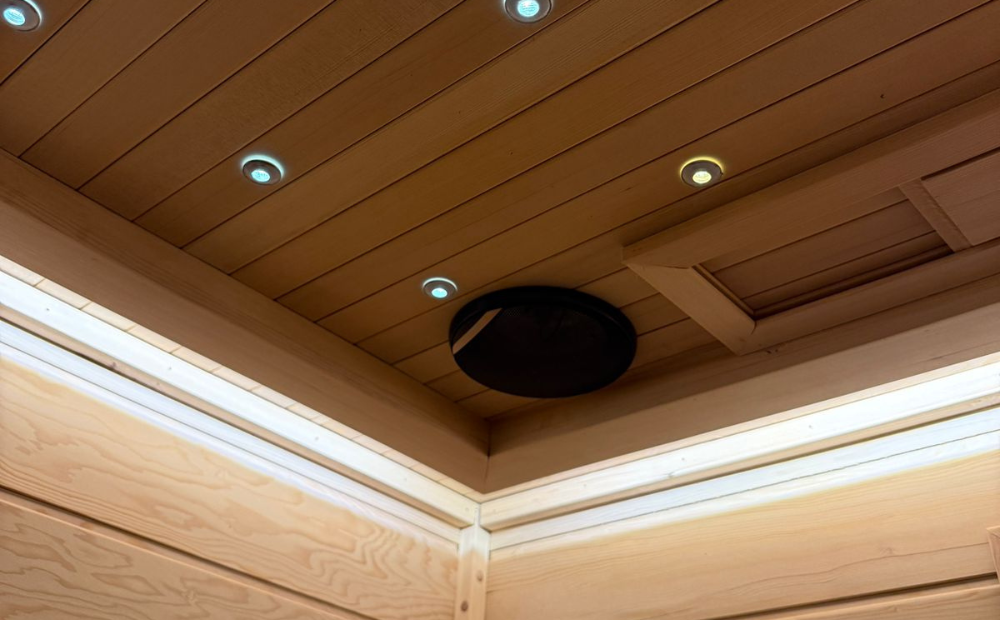
Leave a comment
This site is protected by hCaptcha and the hCaptcha Privacy Policy and Terms of Service apply.